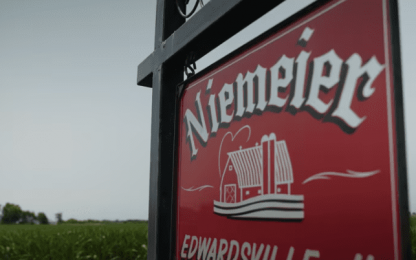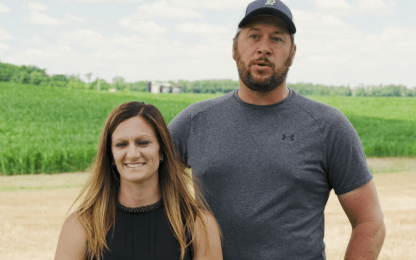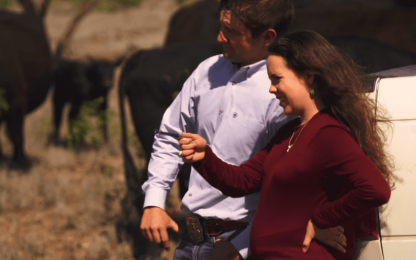Sustainable Waste Management
In 1993, Karl Hammer incorporated Vermont Compost Company with the intention to make compost and compost-based soil mixes as a means of managing dairy manure and other compostable resources. The business has about 25 employees and uses a mixture of dairy, equine and poultry manure, along with forest residuals and food scraps to make soil mixes suitable for organic greenhouse growers.
“When we started the business, we frequently had to explain what we meant by ‘compost.’ Nowadays, every pile of anything, anywhere, is labeled compost,” said Karl. “Each pile is different, and not every mixture is suitable media for every growing purpose.”
The environmental impacts are very important to Karl. “I love to take a squandered resource and turn it into a product that is contributory to the profitability of my customers’ businesses,” he said. “Ultimately, growing food, land protection and soil preservation are important to me — this is an opportunity to participate in those efforts.”
The Farm Credit East Difference
When Karl first began the business, it took him a few years to find a reliable source of credit. “Farm Credit really took the trouble to understand our business. It was the first lender that came out and wanted to understand what we were trying to do. Not everyone can acknowledge the value in our inventory,” he said.
In addition to composting, Karl raises about 1,000 chickens and a few American Mammoth Jackstock donkeys — all have their purposes in the business. They sell the eggs, and the chicken manure is used as a base in the compost. The donkeys are put to work hauling food scrap inputs from local businesses in the Montpelier area.



